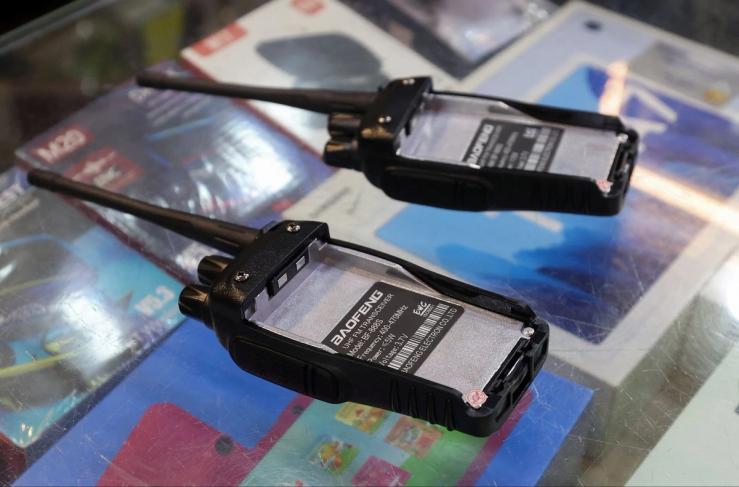The News
Crossfire between Israel and Hezbollah intensified on Friday even as world leaders urged both sides to de-escalate tensions, days after explosions involving booby-trapped pagers and walkie-talkies killed dozens in Lebanon.
The attacks have highlighted the often convoluted supply chains involving electronic devices: The pagers that blew up across Lebanon bore a Taiwanese brand but may have been manufactured in Hungary, while the exploding walkie-talkies were a discontinued model from a Japanese firm.
On Thursday Hezbollah’s leader said the attacks targeting his members were “a declaration of war,” promising to retaliate against Israel, which is widely considered to be behind the shock explosions, while officials have not yet commented on the matter.
SIGNALS
Global supply chains pose security risks
The attacks highlight the near-impossibility of securing increasingly global and complex electronics supply chains, The Washington Post argued. Many governments have been pushing back in recent years to localize the production of critical technologies, to make it more difficult for production or shipments to be intercepted by foreign spies. In 2013 Edward Snowden, the US National Security Agency whistleblower, exposed a case of US intelligence intercepting the supply chain of electronic devices so that surveillance technology could be implanted. He wrote on X: “Ten years later, and shipment security never improved.” He also said that the attack was a “crime” and that “everyone in the world is less safe for it.”
Tech can no longer be trusted
The attack marks a new threshold crossed, not only for the escalating tensions in the Middle East, but also as a “frightening glimpse” into a world where no electronics “can ever be fully trusted,” an expert told The New York Times. Pagers and walkie-talkies, usually considered sufficiently geriatric in their manufacturing so as to be safe from hacking — if Israel goes high tech, we go low, Hezbollah’s leader suggested in a speech — are no longer off-limits. The mass attack attributed to Israeli intelligence has also been criticized for its limited strategic wins: A columnist in Haaretz called it “nothing but a cinematic gimmick” that only served to signal Israel wants a bigger war.


